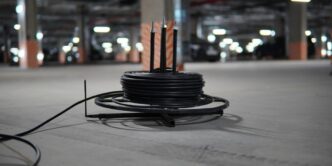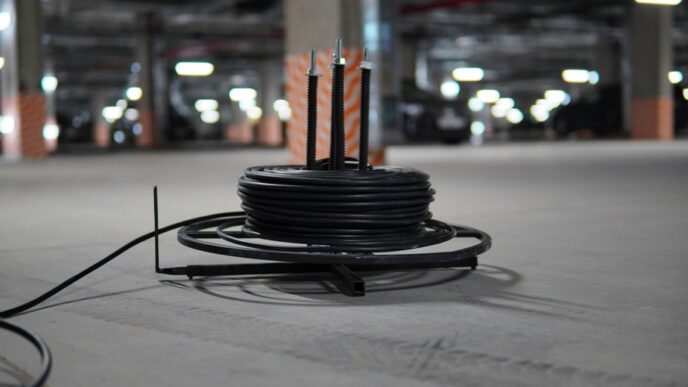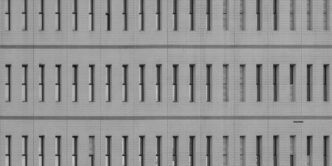Discover how to boost your boiler’s efficiency with boiler upgrades and low water cut-offs. Learn about cost-effective solutions and expert tips to keep your system running smoothly.
Introduction
In the world of heating systems, boilers play a vital role in maintaining comfort and warmth in our homes and businesses. However, ensuring their optimal performance can be a challenge. This article delves into the topic of “Maximizing Efficiency: Boiler Upgrades and Low Water Cut-offs,” providing valuable insights, expert advice, and practical solutions to help you achieve peak boiler efficiency.
The Importance of Efficiency
Efficiency is the holy grail when it comes to boilers. It directly impacts your energy bills, carbon footprint, and overall comfort. Before diving into the specifics of boiler upgrades and low water cut-offs, let’s explore why maximizing efficiency is essential.
Understanding Boiler Efficiency
Boiler efficiency measures how effectively your heating system converts fuel into heat. The higher the efficiency, the less fuel you’ll need, which translates to cost savings and reduced environmental impact.
Lowering Energy Bills
Efficient boilers consume less fuel, which means lower monthly energy bills. In a world where energy costs continue to rise, this can make a significant difference in your budget.
Reducing Environmental Impact
Reduced fuel consumption equals a smaller carbon footprint. By maximizing your boiler’s efficiency, you contribute to a greener planet.
Boiler Upgrades: A Smart Investment
Investing in boiler upgrades can yield substantial benefits. Let’s explore some key upgrades that can boost your boiler’s efficiency.
- High-Efficiency Burners
Upgrading to high-efficiency burners ensures better combustion and reduced heat loss, significantly improving boiler performance.
- Programmable Thermostats
Installing programmable thermostats allows for precise temperature control, minimizing energy wastage when you don’t need full heating capacity.
- Insulation and Sealing
Proper insulation and sealing ensure that heat generated by your boiler stays where it belongs – inside your home. This reduces heat loss and energy consumption.
- Regular Maintenance
Don’t overlook the importance of regular maintenance. Scheduling professional inspections and cleaning can prevent efficiency-reducing issues.
Low Water Cut-offs: A Safety Feature
Low water cut-offs are a crucial safety feature in your boiler system. Let’s delve into what they are and why they matter.
- What Is a Low Water Cut-off?
A low water cut-off is a device that monitors the water level in your boiler. If it detects dangerously low water levels, it shuts off the boiler to prevent damage or even catastrophic failure.
- Ensuring Safety
Low water cut-offs are not just about efficiency; they are about safety. Without this feature, boilers could continue to run without water, leading to overheating and potential disasters.
- Compliance with Regulations
In many regions, having a functioning low water cut-off is a legal requirement. Ensuring compliance is essential to avoid fines and maintain a safe environment.
Maximizing Efficiency: Boiler Upgrades and Low Water Cut-offs
Now that we’ve explored the importance of efficiency and the key upgrades and safety features let’s discuss how you can implement these changes effectively.
- Consult with Experts
Before making any upgrades, consult with boiler experts. They can assess your system and recommend the most suitable improvements.
- Cost vs. Savings
Consider the initial cost of upgrades versus the long-term savings. Often, the upfront investment pays off in reduced energy bills over time.
- DIY vs. Professional Installation
While some upgrades can be DIY projects, others require professional installation. Ensure you have the necessary skills and knowledge or hire a qualified technician.
FAQ’s
Can I upgrade my boiler’s efficiency on my own?
Yes, some upgrades are DIY-friendly, but for complex changes, it’s best to consult with a professional.
How much can I save on my energy bills by upgrading my boiler?
The amount you can save varies depending on your system and the upgrades you choose, but it can be significant over time.
Do all boilers require low water cut-offs?
Not all boilers require low water cut-offs, but they are an essential safety feature in many systems.
Conclusion
“Maximizing Efficiency: Boiler Upgrades and Low Water Cut-offs” is a journey towards not only saving on energy costs but also contributing to a greener planet. By understanding the importance of efficiency, exploring the benefits of boiler upgrades, and ensuring the safety of your system with low water cut-offs, you can achieve optimal performance and peace of mind. Consult with experts, weigh the costs and savings, and take proactive steps to boost your boiler’s efficiency today.













